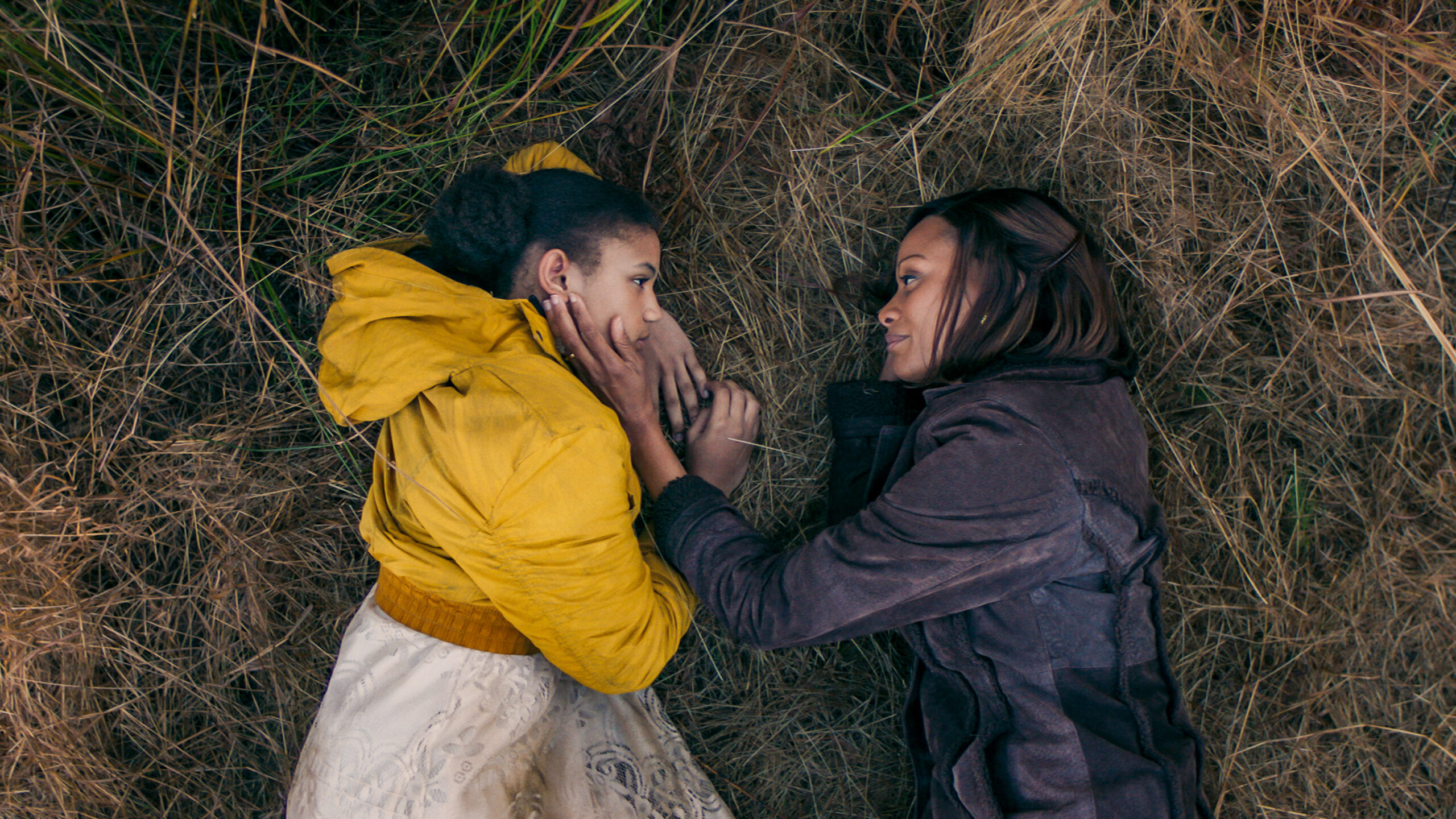The latest film from Angel Studios, Sound of Hope: The Story of Possum Trot (PG-13, in theaters July 4), seems custom-built for an inspirational, against-the-odds drama. Produced by Black Panther star Letitia Wright, it tells the true story of 22 families belonging to a rural church in Possum Trot, Texas, who adopted 77 children—many with deeply troubled family backgrounds of drugs, neglect, and violence—from the foster care system. The story has been picked up by Oprah Winfrey, the Today show, and the 700 Club, and a book about the families—Small Town, Big Miracle: How Love Came to the Least of These—was published in 2007 by Focus on the Family.
Then again, it also seems uniquely poised to fall into the worst pitfalls of just such films: a romanticizing of rural poverty, a flattening of complex social issues, a soft-focus sentimentalizing of religion and family. But, fortunately, Sound of Hope doesn’t fall into any of these traps; on the contrary, like Angel’s other recent release Cabrini, it presents a robust, gritty vision of the Christian faith in action in a fallen world.
The movie opens with the powerhouse voice of Dorothy Love Coates singing “Ninety-Nine and a Half,” as we’re drawn into the humble lives of the Bennet Chapel Baptist Church community in East Texas—in particular, the Reverend W.C. Martin, his wife Donna, and their two children, Ladonna, who is a pre-teen, and Prince, who has an intellectual disability. When Donna’s faith-filled mother suddenly passes away, the “wild tides of grief” turn into a call to action from above: Donna feels God calling her to adopt unwanted children. Her soft-spoken husband—busy both with the life of the church and life at home—responds, reasonably enough: “How we gonna do this with all we got already going on?”
But Donna is committed: she begins to meet with the local social worker Susan Ramsey (played by Elizabeth Mitchell of Lost), and eventually, the couple takes two young children into their home. Later, they up the ante, asking Ramsey for a child that no other family wants to take—and this is the twelve-year-old Terri, who copes with her abusive past and with being shuffled from house to house by pretending to be a cat. Inspired by the Martins’ heroism, other families in the community begin to follow suit.
“How we gonna do this with all we got already going on?”
And this is where the film really gets interesting—because before long, all the initial enthusiasm for this great work of mercy dries up. The Martins and their neighbors run head-first into the raw struggles of their situation—not only in earning their adopted children’s trust, but also in managing the financial, logistical, and psychological burden now carried by the whole community. The backed-up washing machines, the tense fights, the desperate appeals for financial support, the deep wounds in these young souls—all of it is on full display. There is no romanticizing of poverty here.
And there is certainly no sentimentalizing of religion, which is the force that allows Possum Trot to soldier ahead. The faith at the heart of Sound of Hope is a faith that works—a “faith working through love” (Gal. 5:6). Reverend Martin references the book of James on more than one occasion, and indeed, the Martins and their neighbors are “doers who act” (James 1:25), who know that “faith by itself, if it has no works, is dead” (James 2:17). He quotes one verse in particular: “Religion that is pure and undefiled before God, the Father, is this: to care for orphans and widows in their distress” (James 1:27). The Martins understand the truth proclaimed by Pope St. John Paul II: “A society will be judged on the basis of how it treats its weakest members.” Christ himself tells us as much: “Just as you did it to one of the least of these who are members of my family, you did it to me” (Matt. 25:40).
And the Martins are under no illusions that living out this faith is easy; on the contrary, it’s the way of the cross. Both in the beginning stages of her grief at losing her mom and in her darkest moments of trying to bond with Terri as a daughter, Donna reflects on faith’s journey into darkness—a participation in Christ’s kenosis in which he subtly accompanies us. But in the midst of that darkness, the families—knowing “no one is saved alone”—lean on each other and forge ahead with acts of love both great and small. They follow the one who has conquered the world (John 16:33), and at one point, join together to triumphantly sing, “Satan, We’re Gonna Tear Your Kingdom Down.”
And all of this flows from the example of one faithful mother. Indeed, while Sound of Hope is likely to awaken the desire to adopt in many viewers, it’s also a convicting and inspiring movie in a broader sense. It’s a summons to Christians to go out into the world and live out, in concrete ways, what it is we say we believe, helping to heal hearts and minds with the hope of the Gospel. The wounds are everywhere, but the field hospital workers are few—and what we didn’t do to the least of these, we didn’t do for him.
